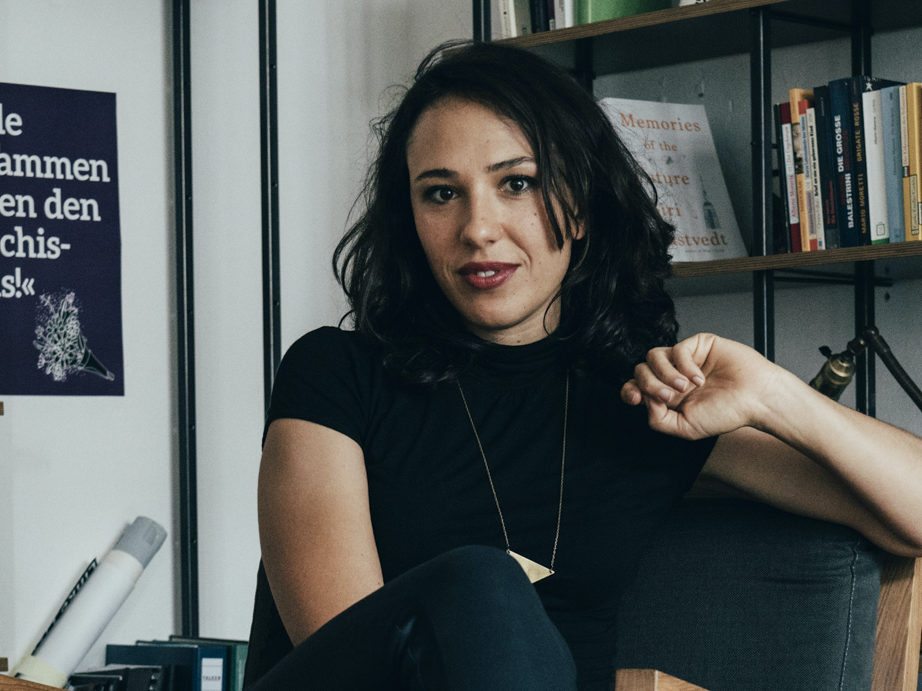Marina Martinez Mateo
“Stay home,” they tell us these days. “Social distancing” is the order of the day. But where do we go to distance ourselves from others? What’s this exclusive place that is left over when everything “social” disappears? What is “home,” and who is part of it? What kinds of relationships does it include (and which are excluded)? What conditions and roles does it require (and which does it preclude)? After all, when all our contacts and ties are broken, when we are supposed to spend all our time just in our own private space if at all possible, there’s only one thing left: family. Deep down, what we mean when we say “home sweet home” is family – and that encompasses all the images and expectations that form the ideal of the family.
The current crisis in our society bolsters the idea of the family as the primary caregiving unit. By crisis, I don’t mean just the ongoing pandemic. I also mean the systematic individualization of the quest to make a living that predates the pandemic. The privatization of responsibility (as the structures of public welfare are dismantled) implies a kind of “familialization”: promotion of voluntary mutual aid (or we might say “unpaid labor”) embedded in a structure of obligations founded on affective, direct intimacy. In a family, we help each other out of “love.” And yet, we all know this promise, this obligation is unequally distributed. Some people do more caregiving than others – as the “caring mother” knows, the mother who obviously bears the brunt of the unpaid labor, but never feels it as a burden, of course.
The ideal of intimacy and the added impenetrability that intimacy takes on in lockdown are also fraught with potential for violence. A family’s private space, in a heteronormative view, permits levels of violence – particularly because private life is just that, hidden from public view – that would not be normalized the same way in public care institutions. The promise of intimacy and love itself creates the possibility of power structures and forms of force and coercion specifically because they remain invisible behind this promise. The way the legal system handles “intimate partner killings” and the long struggle before marital rape was recognized as rape show just how difficult it still is to see the specific violence that occurs in intimacy, to name it and fight it. The proven increase in domestic violence during the coronavirus pandemic also shows that we need other forms of social withdrawal, ways that can enable alternative kinds of community and coexistence – if we want to survive this pandemic in solidarity and without violence.

Marina Martinez Mateo is a research associate at the Institute of Philosophy at Goethe University Frankfurt. She wrote her dissertation on the politics of representation and has been working since then on economics and the family; the Enlightenment and the concept of “race”; identity and universalism; and liberalism and authoritarianism.